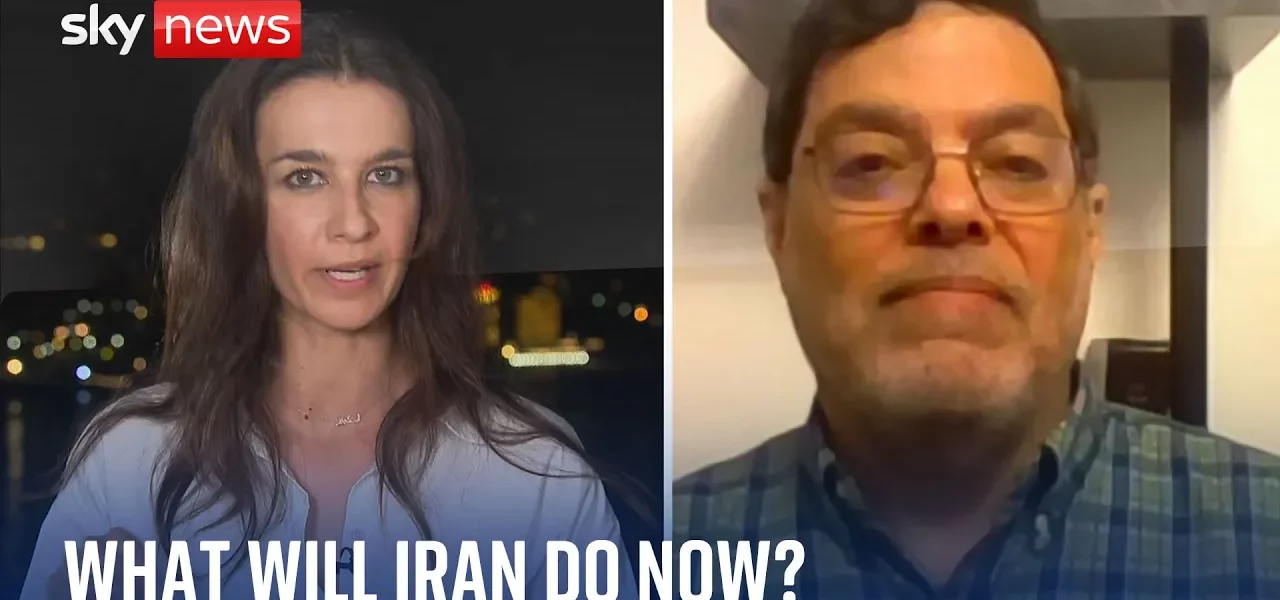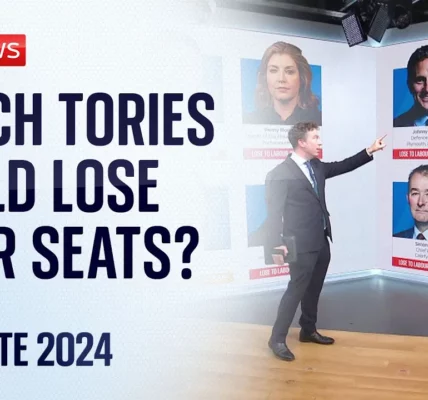Understanding Iran’s Position: Insights from Professor Muhammad Mirandi

In this article, we delve into the complexities of Iran’s geopolitical stance, particularly in relation to its support for Hezbollah amidst escalating tensions in the Middle East. Insights from Professor Muhammad Mirandi, a prominent academic at Tan University, illuminate the intricate dynamics shaping Iran’s actions and its implications for regional stability.
Introduction to Iran’s Geopolitical Stance
Iran has long been a pivotal player in Middle Eastern politics, influencing various regional conflicts and alliances. The nation’s position is often scrutinized, especially regarding its support for groups like Hezbollah. This article captures critical insights shared by Professor Muhammad Mirandi during a recent discussion. His perspectives shed light on Iran’s motivations, actions, and the broader implications for Lebanon and Gaza amid ongoing conflicts. Understanding these dynamics is crucial for comprehending the larger geopolitical landscape of the region.
Recent Developments in Iran and Hezbollah’s Relationship
The relationship between Iran and Hezbollah is deeply rooted in historical context. Iran has been a steadfast supporter of Hezbollah since its inception in 1982, largely in response to Israeli occupation. This section explores the key elements of this partnership.
Historical Context
Hezbollah was formed as a direct response to the Israeli invasion of Lebanon in 1982. The group emerged from the need for resistance against foreign occupation, heavily influenced by Iranian revolutionary ideology. Iran’s support for Hezbollah encompasses:
- Financial aid and military training.
- Provision of weapons and technology.
- Political support and ideological alignment.
Iran’s Current Stance on Hezbollah
Recent statements from Iran’s Supreme Leader emphasize ongoing support for Hezbollah, reinforcing the narrative that Iran will back its allies in times of conflict. This support is viewed as a fundamental aspect of Iran’s broader strategy in the region.
The Humanitarian Impact of the Conflict
The ongoing conflict in Lebanon and Gaza has resulted in significant humanitarian crises, drawing international attention. The discussions surrounding civilian casualties raise critical ethical questions regarding military engagement and the protection of non-combatants.
Civilian Casualties and Media Representation
Professor Mirandi highlights the narrative that often accompanies discussions about civilian casualties. He argues that media portrayals can sometimes dehumanize those affected by violence, framing them merely as collateral damage. Key points include:
- The portrayal of civilian areas as Hezbollah strongholds.
- Discrepancies in reporting casualties and the impact of military actions on ordinary civilians.
- The role of international media in shaping public perception of the conflict.
The Role of International Law
As the conflict escalates, international legal frameworks are increasingly scrutinized. Various organizations, including the International Criminal Court (ICC), are examining potential violations of human rights. Professor Mirandi states that:
- Legal evaluations of military actions are crucial for accountability.
- International responses often reflect geopolitical biases.
The Future of Iranian Influence in the Region
Looking ahead, the implications of Iran’s strategy and its unwavering support for Hezbollah raise critical questions about the future of regional stability. The following factors are essential in understanding this trajectory:
Geopolitical Alliances
Iran’s alliances with various groups across the region, including Hezbollah, are pivotal in countering Western influence and Israeli actions. This strategic positioning ensures that:
- Iran retains significant influence over Lebanon.
- Hezbollah acts as a deterrent against Israeli incursions.
Domestic and Regional Reactions
The response from Iran’s domestic audience and its regional allies is complex. While there is widespread support for Hezbollah among many Iranians, there are also voices of dissent regarding continued militaristic strategies amidst humanitarian crises:
- Public sentiment on the ground regarding foreign military engagements.
- The impact of regional conflicts on Iranian society and politics.
Conclusion
In conclusion, Iran’s position in the Middle East, particularly regarding its support for Hezbollah, is informed by historical context, current geopolitical strategies, and humanitarian considerations. As the situation in Lebanon and Gaza evolves, the international community must grapple with the implications of these dynamics. Understanding Iran’s motivations and actions is crucial for fostering dialogue and pursuing peace in a turbulent region. We encourage readers to stay informed about these developments and consider their broader implications for global diplomacy.
“`




